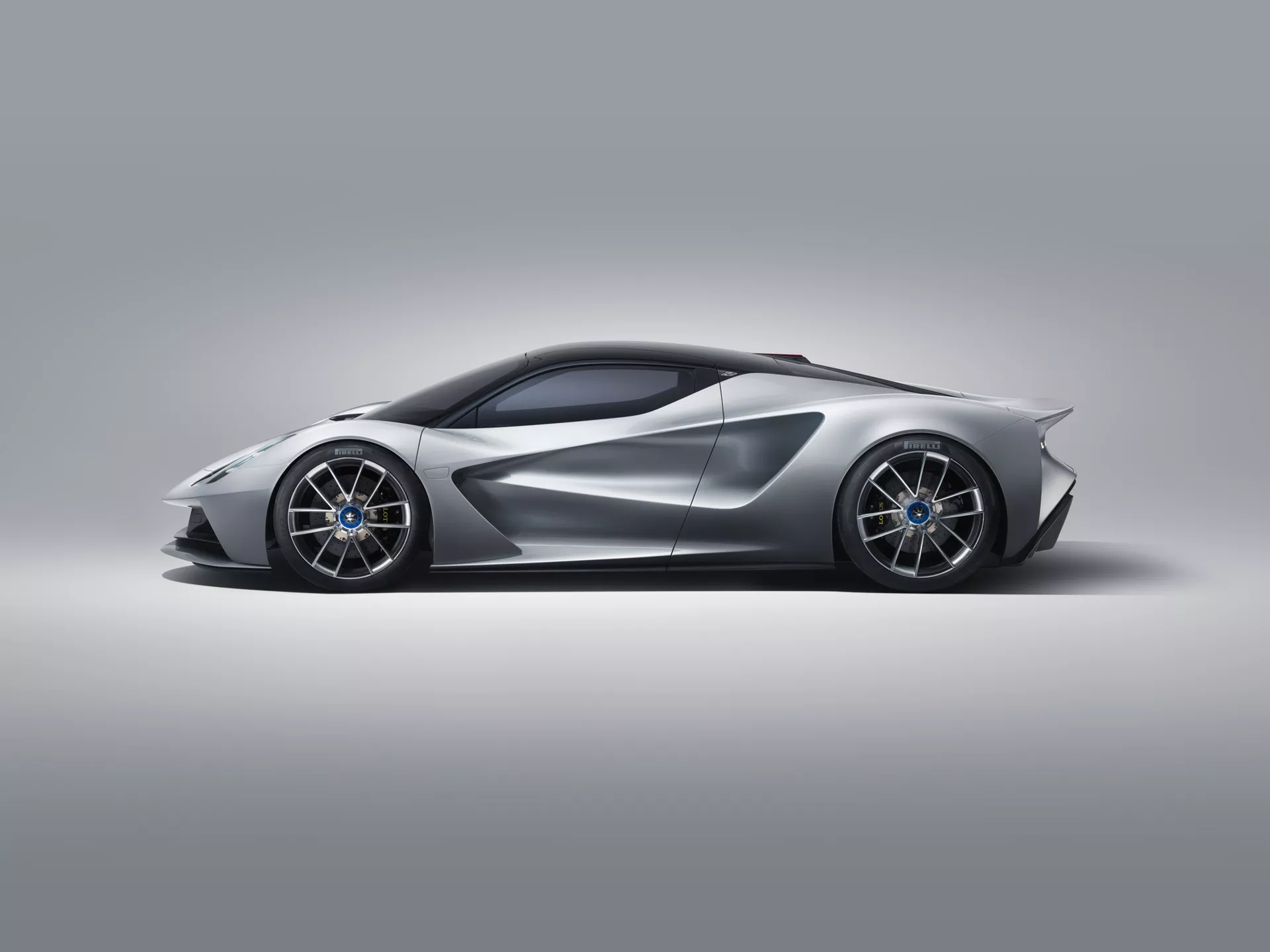Forward-looking: Lotus took the wraps off its all-electric hypercar at an event in London. Called Evija (pronounced "e-vi-ya"), it's the British sports car maker's newest model since the mid-engined Evora 2+2 that launched over a decade ago.
While Tesla has arguably stirred up the EV consumer market with its medium and high-end offerings like the Model 3 and Model S---its Roadster due to come out next year---it has also spawned some strikingly fast and powerful EV hypercars on the horizon, all set to challenge Tesla's claim of the "quickest production car," which has a 0 to 60mph time of 1.9 seconds. Although Tesla's rival, the Rimac C_Two, boasts an even quicker 1.85 seconds for that figure, the Lotus Evija is a tad slower with a sub 3-second time to reach 60 mph.
All three, however, fall in the production car category which according to Guinness World Records requires 30 samples to be built. Tesla would be making the Roadster in the thousands (judging by the 1,000 models alone for the Founders Series), while Rimac has plans for 150 C_Two models and Lotus is looking to build 130 examples. Another rival, the NIO EP9 doesn't qualify for the production car category owing to a limited production run of just 6 models for the company's investors and 10 more to be made for the public.
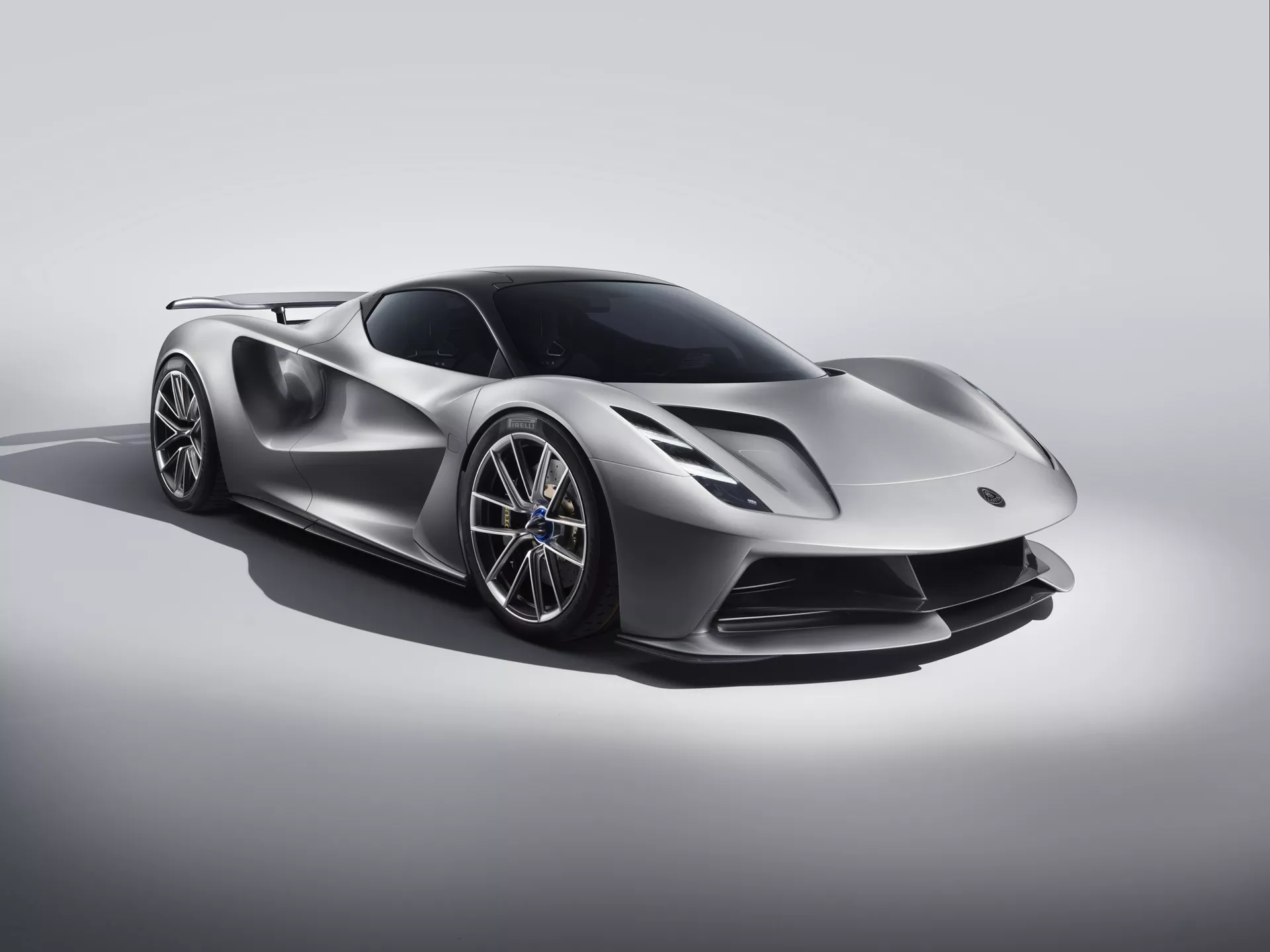
Around a decade ago, former Lotus CEO Dany Bahar took charge of the company and debuted five sports car concepts at the 2010 Paris Motor Show, but sadly none could ever reach production. Lotus had financial troubles later on following Bahar's rough exit in 2012 for allegedly misusing the firm's funds. The company, however, continued to release updated versions of its existing sports cars and in 2017, it finally got the boost it needed when Chinese automaker Geely bought a majority stake. Since then, Lotus has hired hundreds of engineers with the Lotus Evija being one of their first fruits of labor.
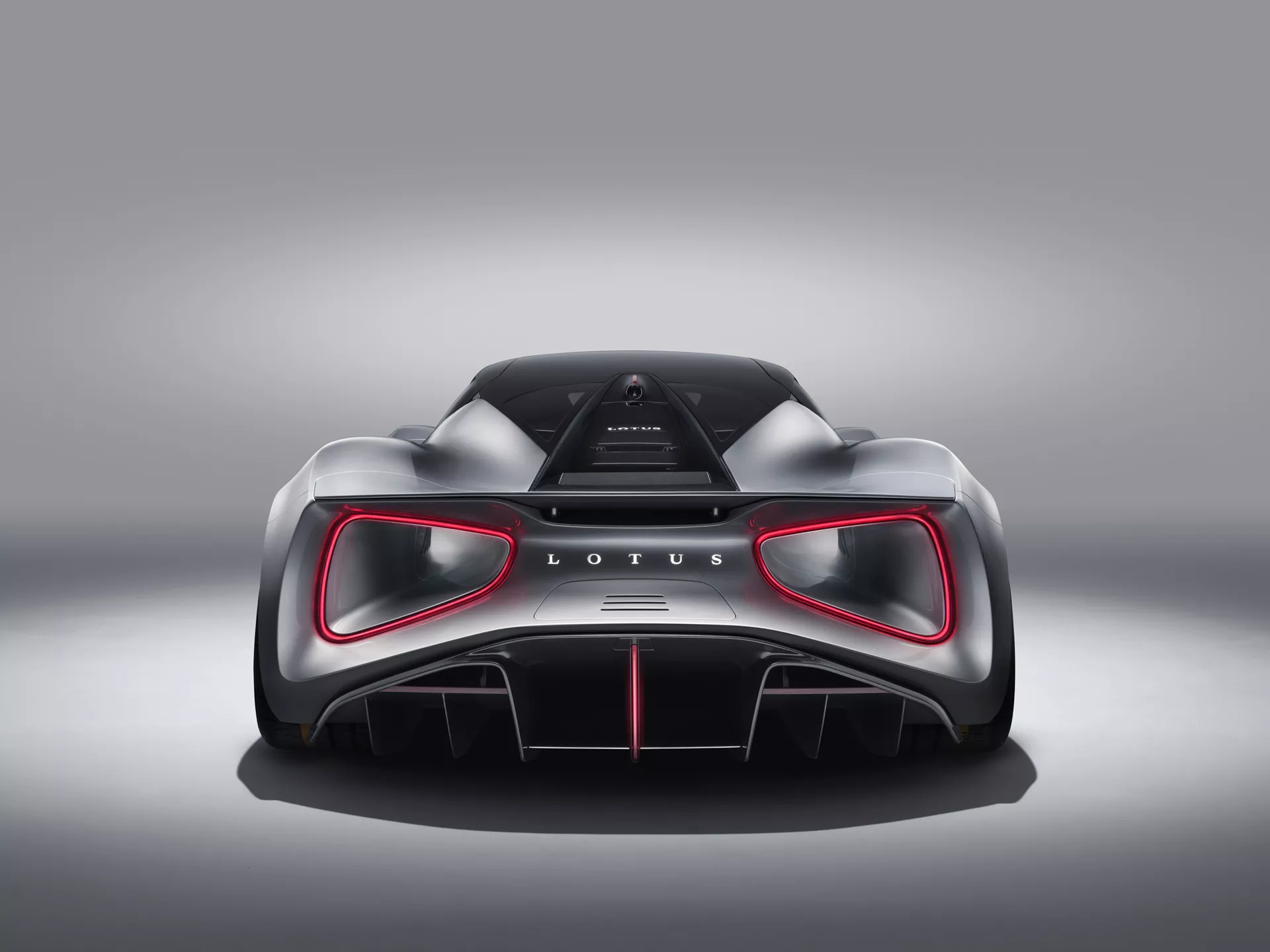
This being 2019, going electric is all the craze and the Lotus Evija indeed boasts some crazy specs and a stunning design. The all-wheel-drive car has 4 motors (each making 493 hp per wheel) powered by a 70 kWh (2,000 kW output capable) battery developed in collaboration with the UK's Williams Formula 1 Advanced Engineering team. As a result, the electric powertrain can output 1,972 hp and 1,254 lb-ft of torque, taking the 1,680 kg Evija from 0-60mph in under 3 seconds to a top speed of over 200 mph.
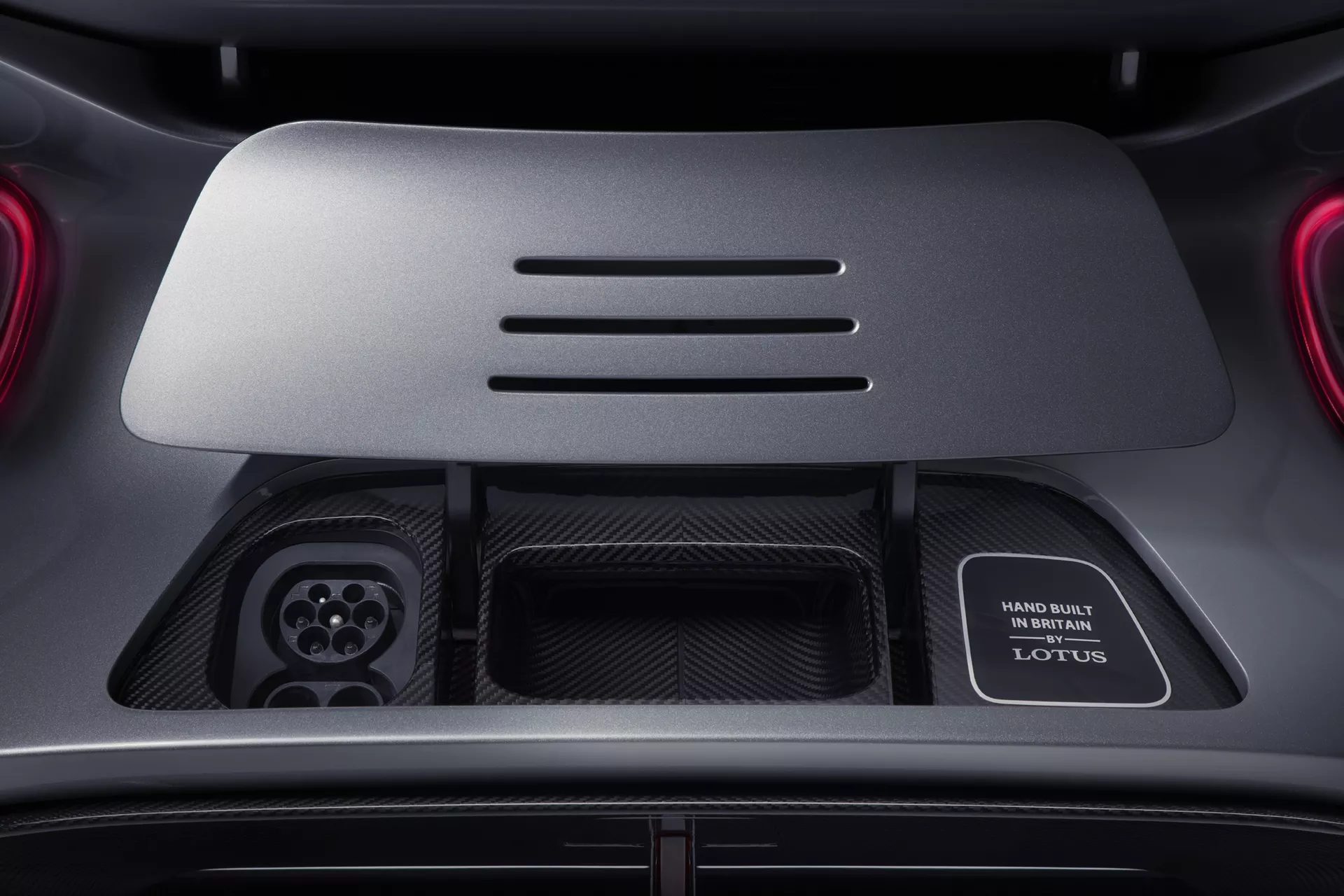
Lotus says that the Evija will be the "lightest production EV hypercar" and the "most powerful series production road car" when it launches in 2020. The 70 kWh battery can be recharged from 0 to 80 percent in just 12 minutes (using 350kW chargers). Once 800kW charging becomes available, that time will reduce to just 9 minutes. The car can travel up to 250 miles on a single charge under the European WLTP testing methodology.
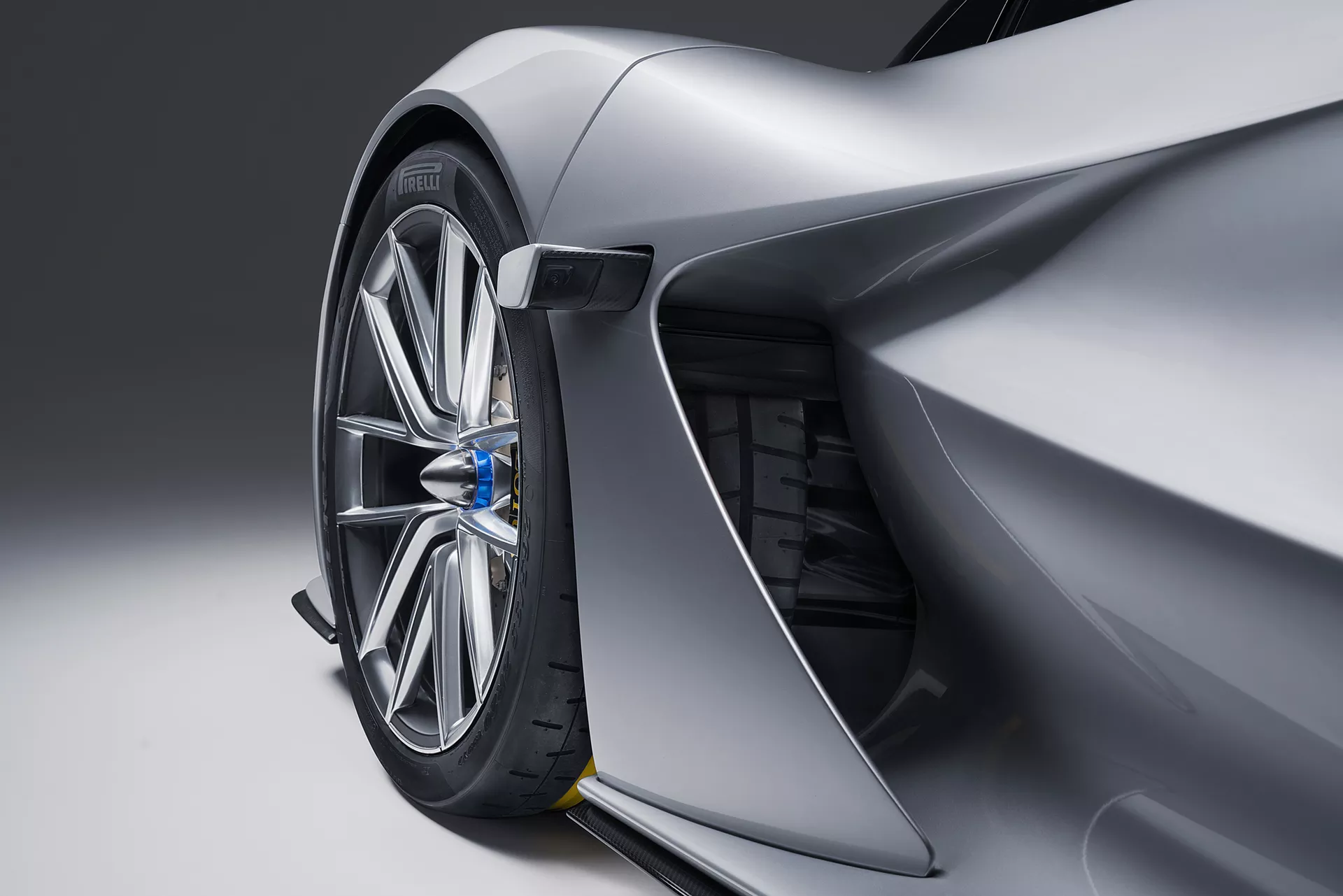
The exterior is as exotic as a $2.1 million car should be. It has cameras that pop out of the sides instead of the usual mirrors, and there are no protruding door handles interrupting the sharp lines and angles on the dihedral/butterfly style doors. Huge gaps in the front fenders and hollow oblong rear lights offer improved aerodynamics with a big diffuser in the back to make for an awesome looking posterior.
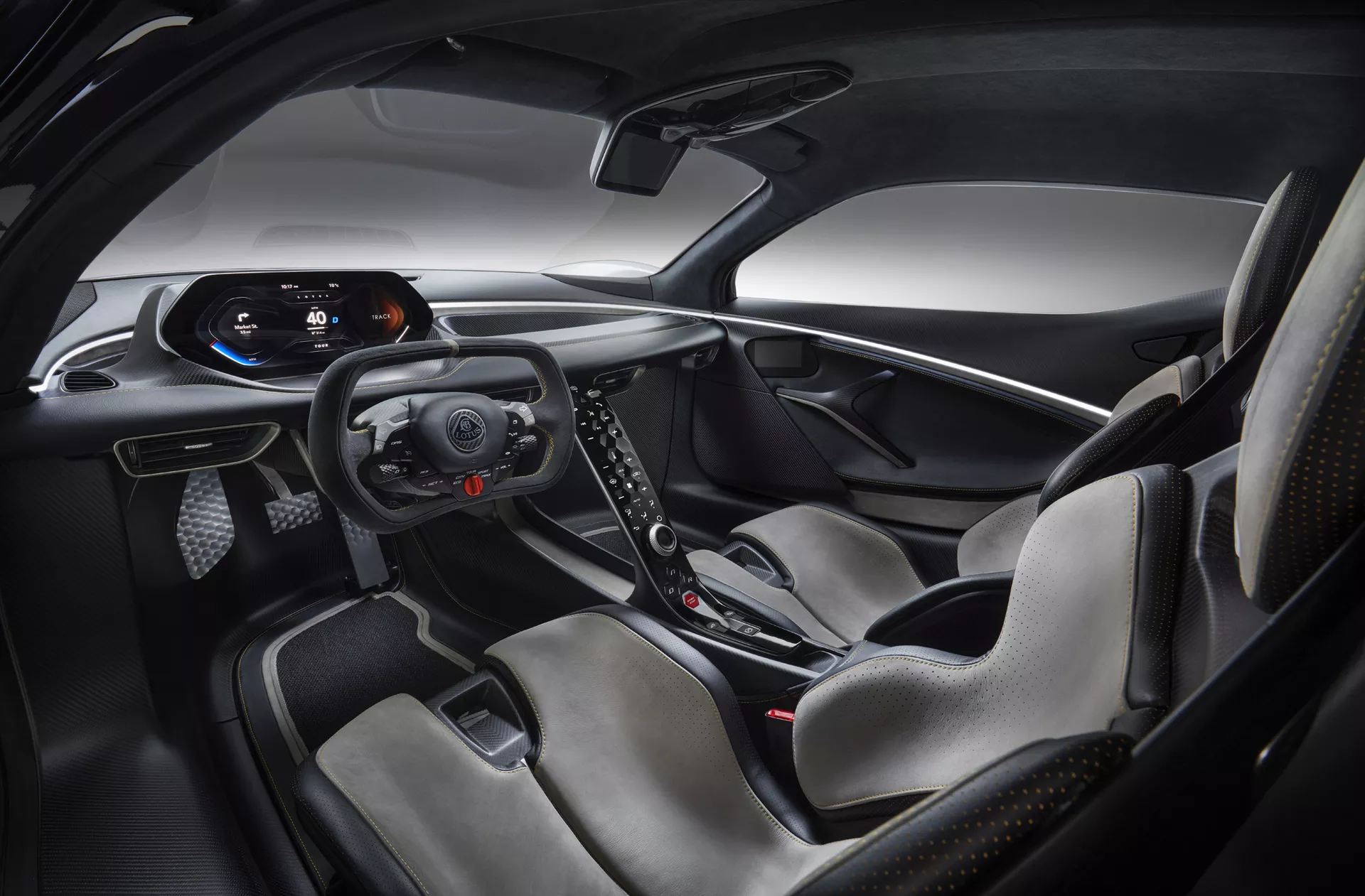
Equally electrifying as the car's gorgeous exterior (the front of which is reminiscent of GTA V's Cheval Taipan), is the car's interior with a floating console which Lotus refers to as "ski slope-style" that houses many functions on a honeycomb-style touch sensitive panel. A rotary controller in the center allows for switching between Range, City, Tour, Sport and Track modes.
In terms of infotainment, the car supports Apple CarPlay and Android Auto but so do many run-of-the-mill cars so Lotus will also have a companion app to let drivers know their track information and, similar to Tesla, the cloud-connected Evija will be able to receive OTA updates. Production of the car is set to begin next year in Norwich, UK, with Lotus taking a $310k initial deposit from clients who wish to secure one of the 130 available build slots for the $2.1 million Evija.
